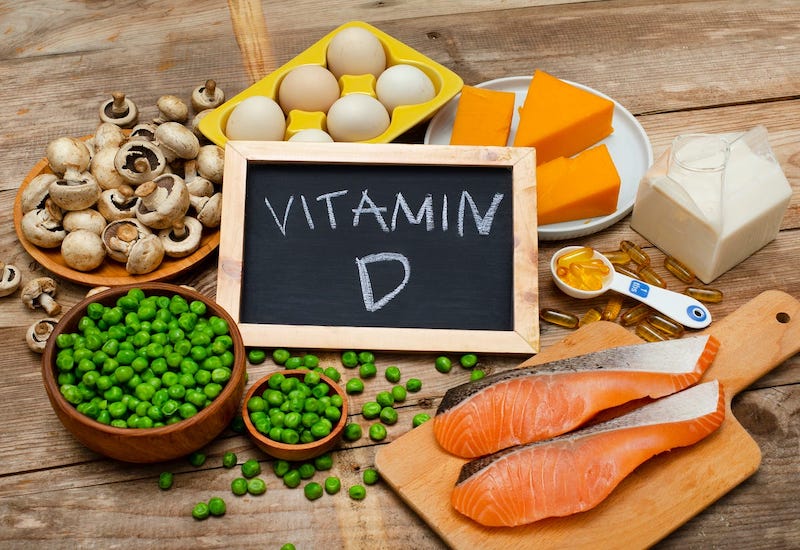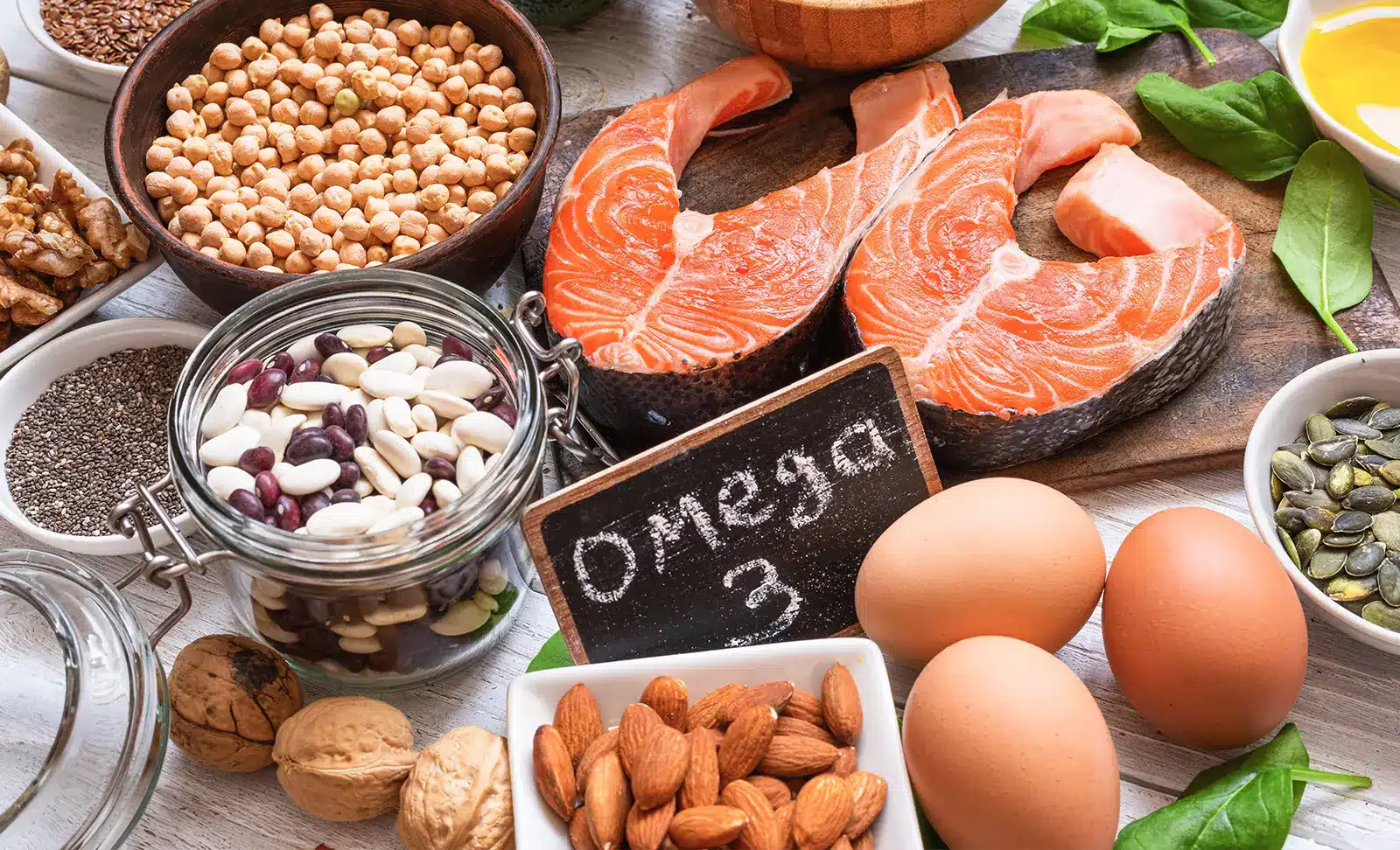🧠 The 6 Best Vitamins for Anxiety and Stress
(+ How to Naturally Get Them Through Diet or Supplements)
Anxiety and chronic stress can wear down your body and mind. While therapy and lifestyle changes are important, certain vitamins and nutrients can significantly support your nervous system, reduce cortisol, and boost your mood.
1. Vitamin B Complex
- Why it helps:
- Essential for brain function and energy metabolism.
- Reduces symptoms of anxiety, fatigue, and mood swings.
- Especially B6, B9 (folate), and B12 help produce serotonin and dopamine (feel-good chemicals).
- Sources:
- Foods: Whole grains, eggs, dairy, legumes, leafy greens, meat (especially liver), bananas.
- Supplements: B-complex capsules or targeted B6/B12/folate formulas.
2. Vitamin D
- Why it helps:
- Plays a role in mood regulation and cognitive health.
- Low levels are commonly linked with anxiety and depression.
- Helps regulate your circadian rhythm (sleep-wake cycle).

- Sources:
- Sunlight: Just 10–30 minutes a day helps your body naturally produce vitamin D.
- Foods: Fatty fish (salmon, sardines), egg yolks, fortified dairy and cereals, mushrooms.
- Supplements: Vitamin D3 capsules are the most effective, especially in low-sunlight months.
3. Vitamin C
- Why it helps:
- Supports adrenal glands and helps reduce cortisol (the main stress hormone).
- Boosts immunity and mental resilience.
- Powerful antioxidant protecting your brain from oxidative stress.
- Sources:
- Foods: Oranges, lemons, strawberries, kiwi, bell peppers, broccoli, tomatoes, spinach.
- Supplements: Available in tablet or chewable form (look for “ascorbic acid”).
4. Magnesium
- Why it helps:
- Calms the nervous system by regulating neurotransmitters like GABA.
- Eases muscle tension, improves sleep, and reduces irritability.
- Magnesium deficiency is linked to anxiety and restlessness.
- Sources:
- Foods: Leafy greens (spinach, kale), nuts (almonds, cashews), seeds, avocados, legumes, whole grains, dark chocolate.
- Supplements: Magnesium glycinate or citrate are best absorbed and gentle on the stomach.
5. Omega-3 Fatty Acids (EPA & DHA)
- Why it helps:
- Supports brain structure and function.
- Reduces inflammation, which is linked to anxiety and depression.
- Helps balance mood-related neurotransmitters like serotonin.

- Sources:
- Foods: Fatty fish (salmon, tuna, mackerel), chia seeds, flaxseeds, walnuts.
- Supplements: Fish oil capsules or vegan omega-3 (from algae). Look for high EPA content for anxiety support.
6. L-Theanine
- Why it helps:
- A naturally calming amino acid found in tea.
- Promotes relaxation without causing drowsiness.
- Enhances focus and attention, especially when combined with small amounts of caffeine.
- Sources:
- Foods: Green tea (especially matcha).
- Supplements: Pure L-theanine capsules or combined with caffeine in focus blends.
✅ Summary Table
| Vitamin | Key Benefits | How to Get It |
|---|---|---|
| B Complex | Boosts mood, energy, brain health | Whole grains, eggs, leafy greens, supplements |
| Vitamin D | Improves mood, sleep, immune system | Sunlight, fatty fish, eggs, vitamin D3 tablets |
| Vitamin C | Reduces cortisol, boosts resilience | Citrus fruits, bell peppers, broccoli, tablets |
| Magnesium | Calms nerves, supports sleep | Leafy greens, nuts, dark chocolate, supplements |
| Omega-3 | Brain support, mood stability | Fish, flax, walnuts, fish oil or vegan capsules |
| L-Theanine | Relaxes mind without drowsiness | Green tea, matcha, L-theanine supplements |
🧘 Bonus Tips to Maximize These Vitamins:
- Eat a balanced, whole-food diet rich in colors and variety.
- Manage caffeine and alcohol—they can deplete these nutrients.
- Stay hydrated.
- Get enough sleep and regular movement (yoga, walks, stretching).
- See a doctor before taking new supplements, especially if you’re on medication or pregnant.